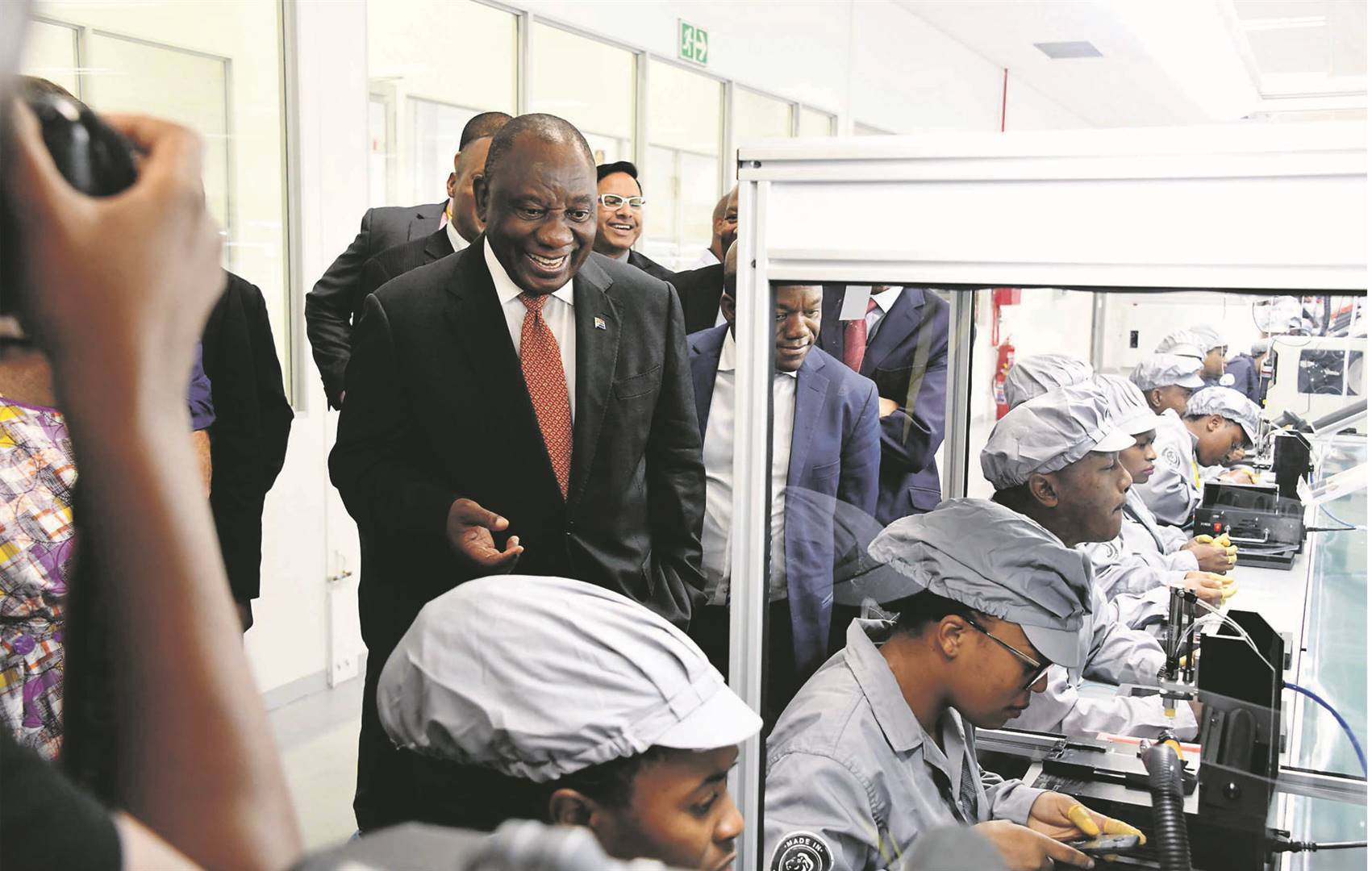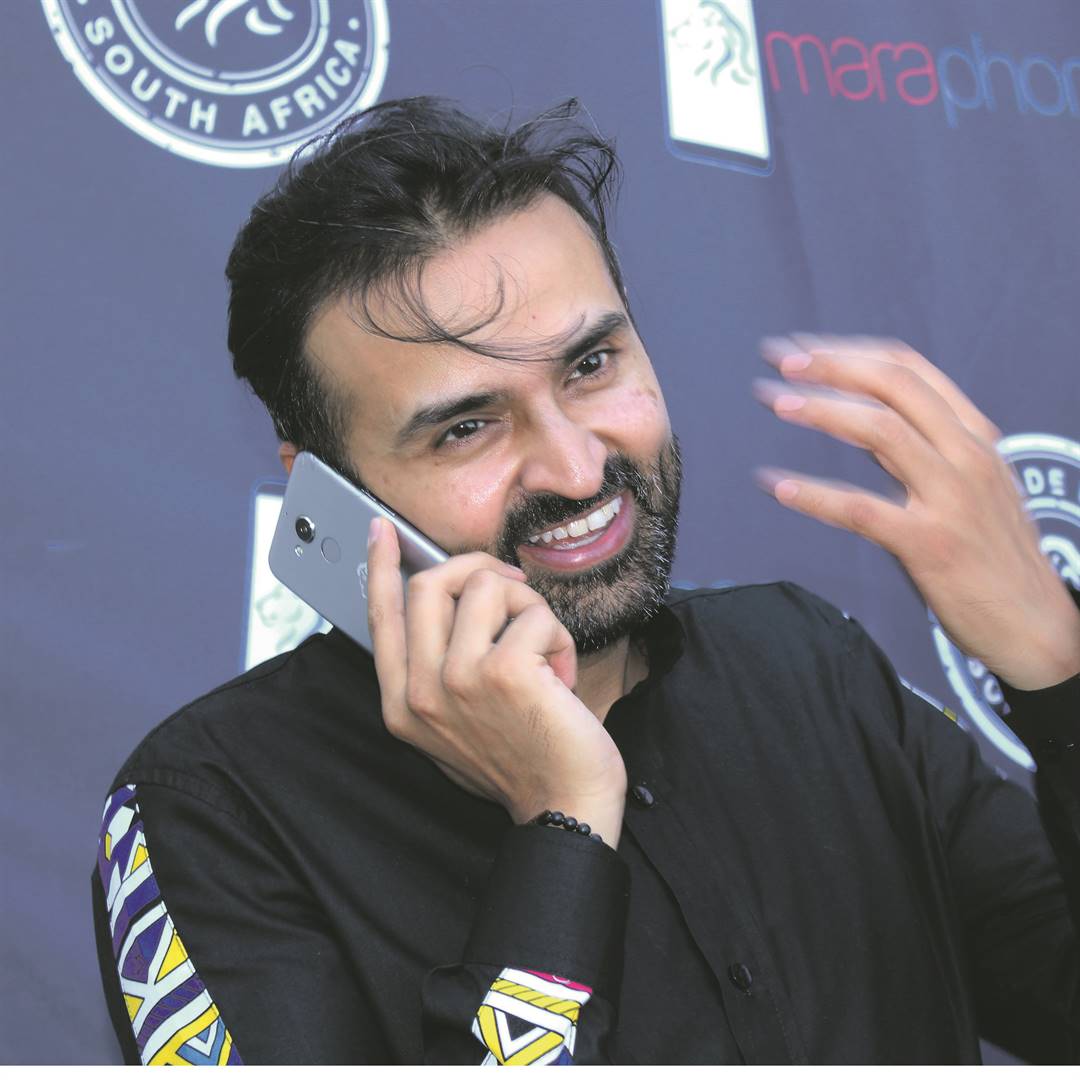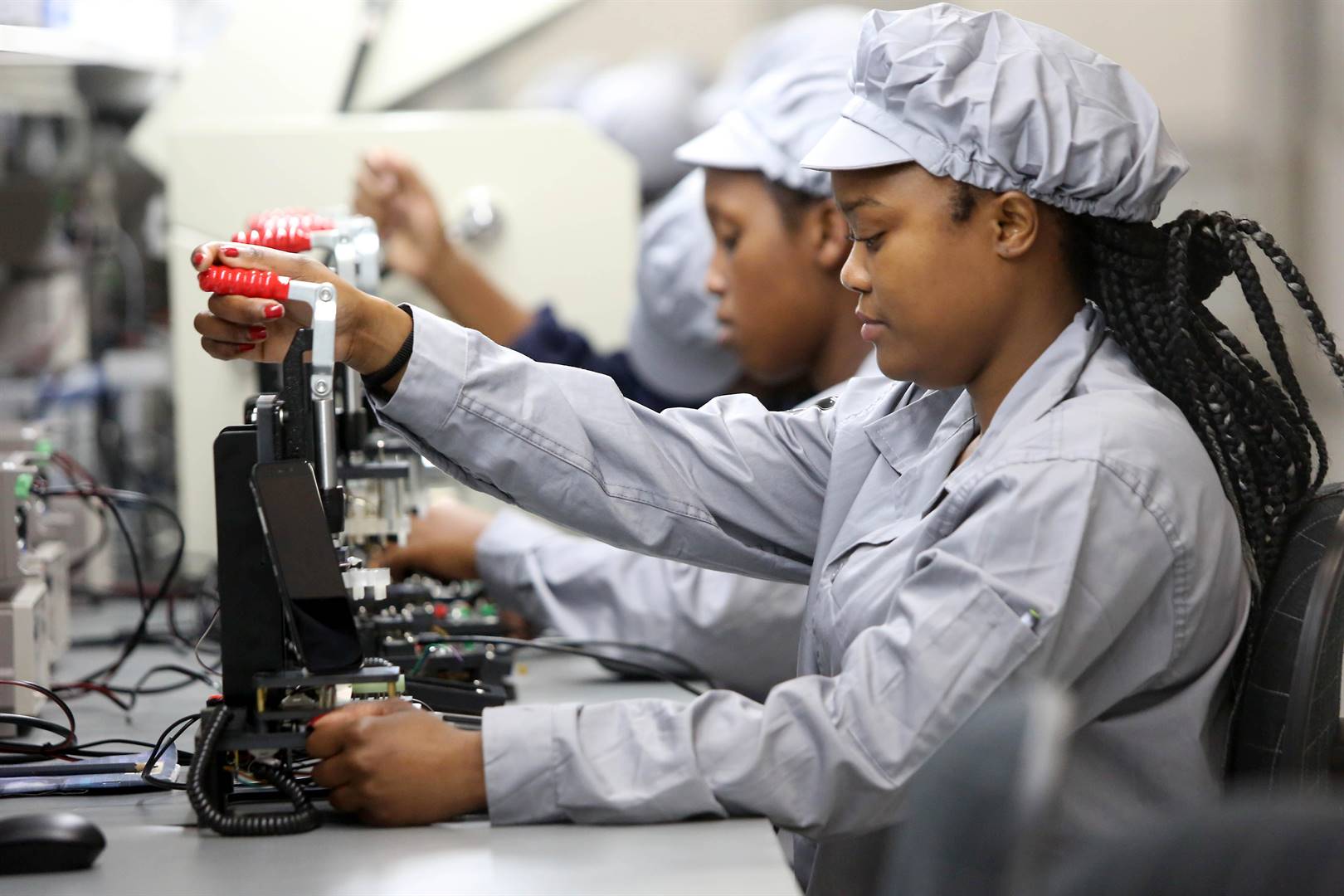
Durban recently celebrated the launch of SA’s first smartphone factory. The investment is the first big pledge from last year’s inaugural investment conference to be honoured. Matthew Hattingh was there
Mara Group was one of 30 companies that pledged a significant investment last year during the inaugural South African Investment Conference.
A few weeks ago President Cyril Ramaphosa joined Mara’s founder, Ashish Thakkar, in Durban to celebrate the opening of the smartphone factory, a fulfilment of that pledge.
And as they say in business, timing was everything.
Taking place just three weeks before the second investment conference gets under way, the opening of the plant shows just how quickly the economy could change if all the promises made were delivered – and on time.
The opening of a “proudly African” plant which makes an impressive consumer tech product was a good time to hammer home a familiar message: South Africa Inc is open for business.
It was also an opportunity to laud a company that had taken up the invitation to invest with alacrity, while geeing up laggards.
“We want to encourage others to honour their commitments and deliver on what they promised in terms of investing,” said Ramaphosa.
This was needed to meet a target set early last year to attract R1.2 trillion in new investment to the country over five years, he said.
“Today, we are reaping the fruits,” the president said, adding that investment had grown from R28 billion in 2017 to R78 billion last year.
Ramaphosa told guests that in Mara’s founder he had caught a “big fish” for the country and recalled how he had pressured Thakkar to hurry the roll-out of the project.
“They have delivered in less than 12 months, an outstanding world class facility. The facilities we have here are equal if not better,” Ramaphosa said of the Mara factory in Dube in TradePort.
313 - the workforce in year one at Mara
200 - the number of the current workforce who are youth
1 369 - the expected staff complement by year five
4 million - the number of smart phones SA imported in 2017 alone
R1,5 billion - the amount Mara Group pledged at last year’s investment conference
R290 billion - the total in pledges at last year’s investment conference
Dube, which is close to Durban’s King Shaka International Airport, is a special economic zone where investors receive tax breaks and other incentives.
These are intended to encourage manufacturing, particularly of goods with export potential.
Apart from the key South African market, Mara has positioned itself to export into the Southern African Development Community countries, taking advantage of the lower customer duties between members of the trade bloc.
Earlier this month, it unlocked access to another big chunk of the continent with the opening of its first smartphone factory in Kigali, Rwanda, which is part of the East African Community Customs Union.
Thakkar, a 38-year-old who was born in the UK to parents expelled with other Asians from Uganda by Idi Amin, lives in Rwanda.
His company is headquartered in Dubai, with interests in 25 African countries.
At the launch Thakkar said: “We Africans do dare to dream, but we deliver on our dreams … we really do walk the talk,” he said, explaining how Mara had honoured its commitment to invest, showing that “South Africa is open for business”.
The project represents a R1.5 billion investment, with about half of that money already spent on the plant and other set up costs.
Funding was from capital injected by the Mara Group itself, Standard Bank and the Industrial Development Corporation (IDC).
Moseketsi Mpeta, the IDC’s head of tourism and light manufacturing, said they were proud to be associated with this project.
As with all applicants seeking funding, she said, Mara was required to bring its share of the capital required for the project.
She said the digitisation of our lives meant that smartphones were increasingly becoming “must-have tools”, which made the Mara plan all the more important for South Africa and the rest of the continent.
One of the attributes of the IDC is that it takes a long-term view when it comes to absorbing risk. Job creation was another major priority, which Ramaphosa touched on.
“The South African people are grateful to Mara for having employed more than 200 youth. Of the total, 67% are women and 94% of them were unemployed but skilled,” said the president.
The factory employs 313 people in total.
City Press was told that a number of employees were young Durban engineering graduates who had until then struggled to find work.
The large media contingent at the launch was unable to tour the 3 100m² factory, with the owners citing the need to protect intellectual property, timing and numbers.
The presidential entourage was however taken for a show-and-tell of the hi-tech facility, which was televised live to guests.
Ramaphosa told guests that he had chatted to one of the staff members during the tour who had trained in electronics.
“She said, this is my life.”
Thakkar, Ramaphosa and others stressed that the key element of the new plant was that it was manufacturing the smartphones and was not merely a components assembly facility, unlike others in South Africa and elsewhere on the continent.
Thakkar pointed out they were making their own motherboards and other components of the handsets.
However, many of the hi-tech parts, including the chip sets, sensors and the toughened glass screens are imported.
The cellphones in nearly everyone’s hands – some have multiple handsets – are a tangible example of how technology is changing the way we live, so building smartphones locally has considerable symbolism too. The president said Africa was not typically associated with consumer electronics industries and building smartphones here could serve as a development catalyst.
“The company’s efforts represent a great advance in the technological and electronic manufacturing sector, fulfilling our aspiration of becoming producers, not importers of technology.
“Technology is key to economic change and it is high time that Africa rides its own information highway,” said Ramaphosa.
Mara said its factory had the capacity to manufacture a “few million smartphones” and could be expanded to meet the demand.
It unveiled two models – the Mara X and Mara Z – pitched in the highly competitive low- to medium-priced smartphone segment, part of South Africa’s market of 12 million to 14 million handsets a year.
Thakkar stressed that the quality of the components and processes used in manufacturing and the solid feel of their handsets, with branding – including its lion motif – highlighted its African origins.
“Korea has Samsung, the US has Apple … and now South Africa has Mara,” he said.
Buying the brand was a way of supporting the country’s economy, a way of supporting local manufacturing and, crucially, supporting job creation and preservation.
“I have a dream that all South Africans will use proudly South African phones,” said Thakkar.
“If you are passionate about creating jobs in Asia, continue using the phones you are using. But if you are passionate about creating jobs in South Africa, make sure you buy a Mara phone.”
The phones are now available through Mara’s own website, but plans are afoot to roll out a chain of 100 company and franchise stores over the next two years.
Deals were still to be concluded with the telecoms operators and with retailers.
A company marketing official told City Press that retailers would probably include the Edcon Group, but perhaps not Pep – the country’s biggest phone seller – which focuses on the lower end of the market.
Ramaphosa called on Mara to create opportunities for “young black people in townships” as it rolled out its stores.
“They should be considered in other subsidiary opportunities in the value chain,” the president said.




 Publications
Publications
 Partners
Partners











